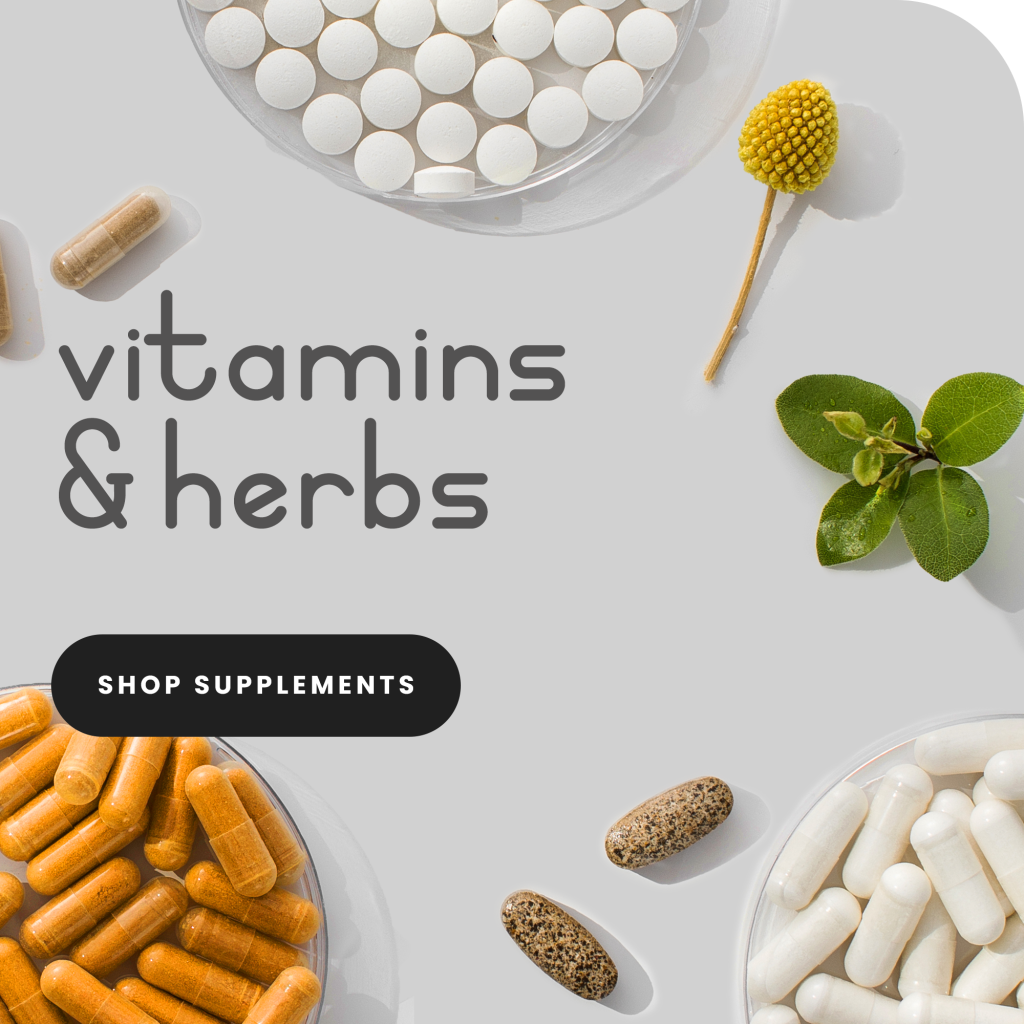Why the Worry about Phthalates in Supplements?
A recent article in the Independent newspaper contains some misleading claims about supplement ingredients. Despite the title Warning as softgel capsule supplements linked to range of health concerns, it makes no reference to any official warning.
It claims - inaccurately - that:
‘Softgel capsules — the smooth, easy-to-swallow form of many medications and supplements — are increasingly popular for delivering everything from vitamins to omega-3s. These capsules, made of a liquid centre inside a soft, flexible shell, offer convenience and effectiveness. But they’ve also come under growing scrutiny for one surprising reason: plasticisers. To make the capsule shell soft and pliable, manufacturers often use plasticisers – chemicals called phthalates. While these help with flexibility and durability, they’re also linked to a range of health concerns.’
In this article, we’ll explain how the article muddles up "plasticisers" in pharmaceuticals (phthalates to make the pill resist stomach acid) and "plasticisers" in supplement softgels (sorbitol and glycerin to make softgel capsules soft).
We’ll also explain how the UK laws governing supplements prevent the use of phthalates, and why the softgels used for supplements would never need to contain phthalates anyway.
Why no Phthalates in Supplements?
Phthalates are only used in certain pharmaceutical enteric coatings for delayed‑release medicines, which pass through the stomach acid whole, and only start breaking down in the intestine. When used for this purpose, they are sometimes called “plasticisers”. Phthalates or pasticisers in pharmaceutical capsule shells have nothing to do with flexibility and softness - they’re to resist acidity from stomach acid.
In food supplement softgels, the softgel shell itself does not need phthalates to be flexible. Softeners (which we list below) are safe substances that are controlled by law. They are sometimes also called “plasticisers”, even though they are completely different substances from phthalates and also serve a completely different purpose.
The Regulatory Position
In the UK and EU, only food‑grade plasticisers approved for use in foods can be used in supplements. These are listed in food additive legislation (e.g. EC No 1333/2008). Phthalates are not on that list. Plasticisers must be declared on the ingredients list, usually as “glycerol” or “glycerin” (E422), “sorbitol” (E420), or similar.
Approved Plasticisers in UK/EU Food Supplement Softgels
Softgel capsules, whether made from gelatin or vegetarian alternatives, need plasticisers to keep the shell flexible, prevent cracking, and maintain the right moisture balance. In the UK and EU, only food‑grade, non‑phthalate plasticisers approved for food use are permitted in supplements.
These ingredients are safe at approved levels and are declared on the label, often by name rather than just an E‑number.
Commonly Used Phthalate-Free Plasticisers
Used in Supplements - Phthalate Free
-
Glycerol / Glycerin (E422) – Derived from plant oils such as palm or rapeseed, or from animal fats. Maintains flexibility, prevents brittleness, and retains moisture. This is the most common plasticiser used in both gelatin and vegetarian capsules.
-
Sorbitol (E420) – Made from glucose (often from corn or wheat). Works as a humectant and plasticiser, often used alongside glycerol. In liquid form, it may be labelled as “sorbitol syrup.” This is a sugar alcohol.
-
Sorbitol–Sorbitan Solution (E420 + sorbitan) – A blend that improves stability and shell elasticity. Often found in vegetarian softgels.
-
Maltitol (E965) – Produced by hydrogenating maltose from starch. Functions as a plasticiser and sweetener, helping to reduce stickiness. Less common than glycerol or sorbitol.
-
Maltitol Syrup (E965(ii)) – The syrup form helps maintain stable moisture content in the capsule shell. This is a sugar alcohol.
Used in pharmaceuticals - Phthalate Free
- Propylene Glycol (E1520) – Can be made from petrochemical or plant sources. Acts as a plasticiser and moisture retainer. More common in pharmaceuticals, but occasionally used in supplements.
- Triethyl Citrate (E1505) – Created from citric acid and ethanol. Used as a plasticiser for coatings and capsule shells. More often found in tablet coatings than in softgels.
-
Conclusion: Phthalate Free Supplements!
Phthalates are not approved as food additives in the UK/EU and are not used in compliant softgels. Ingredient labels usually list plasticisers by their common name (e.g. “Glycerol”) rather than only the E‑number. Vegetarian and vegan softgels use the same plasticisers, but the gelling agent is plant‑based (such as modified starch, carrageenan, or pullulan) instead of gelatin.
You can take VitaBright softgel supplements with confidence, knowing they contain only approved, food‑grade plasticisers such as glycerol and sorbitol, never phthalates. UK and EU regulations require that if phthalates were present, they would have to be listed on the packaging. Since our products are 100% phthalate‑free, there’s no need for such a warning - just a simple, transparent ingredient list you can trust.









